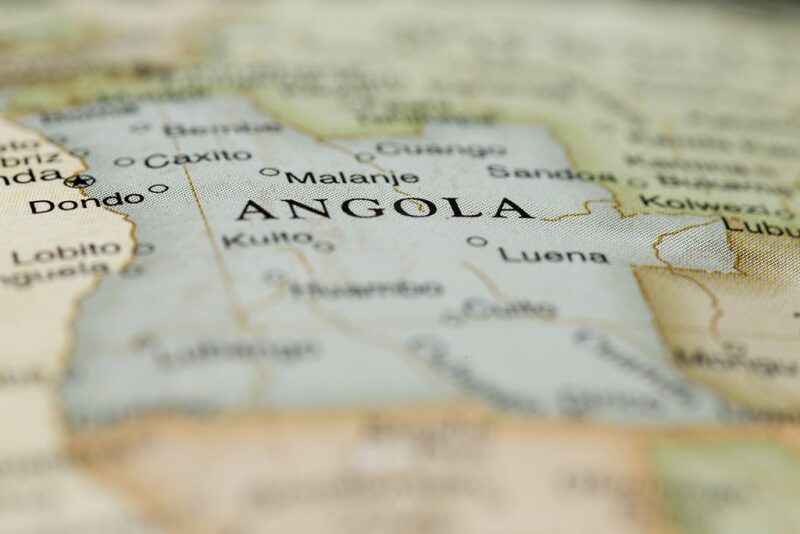Angola’s Block 17 is nearing the end of one era of development and the beginning of its next.
The prolific offshore area has been developed with a series of megaprojects including commissioning of the first floating, production, storage, and offloading (FPSO) vessel; production from the Girassol field coming on line in 2001; and the Pazflor development in 2011. Now, Total is working on the last major field development plan in the block that will include the FPSO Clov.
“This will be the end of megaproject development” there, Pascal Carrier, vice president of projects for Total Exploration and Production Angola, said during a presentation on “Deepwater Brownfields: Yes We Have to Tackle It Now.” For Total and its partners, the focus will shift to optimizing the production plateau.
The future for Block 17 will depend, in large part, on a Total program known as Project Brown Field, which was created with a goal of creating an organizational model for future long-term work sustaining older fields, known as brownfield development.
While this group within the international oil company has a total budget that is on a megaproject scale, it needs to think small, with a relatively small number of people managing a huge number of contracts for incremental efforts that must remain within the tight budgets that come with older fields where potential yield is modest compared with new field development.
The organization within the organization was created to embody a diverse team seeking to extend the production plateaus of the fields, where the natural decline rate averages 10% a year, Carrier said. Current projects undertaken by the 2-year-old organization are expected to reduce decline rates to 5% a year and eventually better.
By 2019, work to extract more production from the current fields, and extend production to smaller, satellite fields, is expected to account for 26% of total output from Block 17, up from 14% in 2015.
The challenge is getting more out of the economically marginal projects at a profitable price per barrel. Using a variety of strategies, this independent-minded organization is doing projects for 30% to 40% less than what it would have cost in the company historically, Carrier said. There are 210 people managing projects with a total capital expenditure budget of USD 8 billion. This megaproject scale work is run by a group where 60% of the staff is working on at least two projects.
Success will require maintaining the mentality of an independent oil company looking for lower-cost ways to produce more by considering a variety of options. Projects so far include drilling infill wells, adding subsea pumping systems, removing bottlenecks for oil processes, and tying nearby fields to the FPSOs.
The range of skills required is broad, with an organizational chart covering the skills found in a typical oil company. An essential skill for the group is managing large numbers of contracts and reducing engineering costs by applying “copy and paste” equipment choices when possible, he said, adding that the organization is charged with using new technologies “when value is added.”
Also needed are the communication skills of service company employees to sell different ways of doing things to operating personnel running the fields, who have ideas based on experience on how best to manage fields.
A primary concern when planning brownfield upgrades is lost production. Project Brown Field staff are required to work with existing staffers to minimize shutdowns while replacing critical systems, such as a major upgrade to increase capacity of the water-oil separation system on the Dalia FPSO, where the growing volume of water limited oil output. Pre-assembled modules were installed and early planning focused on anticipating potential problems in connecting the new equipment. “We need to work earlier in the process to validate plans,” Carrier said.
Looking forward, Total is expecting the Project Brown Field organization to shape megaprojects by anticipating the most effective brownfield development. Its mandate includes working with development teams on Angola Block 34 to ensure early development there will be compatible with plans to sustain long-term production.


